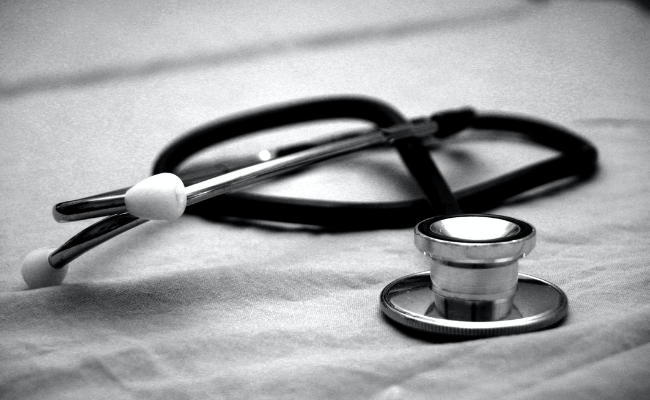Yale study: Asian American med students endure invisibility amid anti-Asian racism

Photo by Hush Naido Jade Photography on Unsplash
The COVID-19 pandemic triggered an unprecedented global health crisis. Yet, in addition to the widespread suffering it caused the human society, Asian American communities have also endured a concurrent shadow pandemic—especially so in the medical field.
Since 2020, Asian American doctors have faced both racial discrimination and the pandemic simultaneously. A recent study led by Yale School of Medicine reveals that Asian American medical students frequently encounter racism and a sense of being disregarded in their educational institutions.
Dr. David Yang, lead author of the study, drew from his experience of experiencing racism linked to COVID-19. Throughout the pandemic, Asians in the US and Asian-Americans were subjected to racist incidents just because the pandemic was first reported in China.
Yang undertook the study to determine if his own experience was a common one among other Asian Americans, especially those less represented.
“We intentionally recruited students who are classically less represented in medicine, such as Vietnamese-Americans and Filipino-Americans, in addition to those who are more visible like Chinese-Americans and Indian-Americans,” says Yang.
How do Asian-American medical students experience anti-Asian racism in medical school?
Among the 25 participants from 17 US medical schools, the findings from this research manifest that the medical students reported feeling invisible within medical school while being targets of anti-Asian racism, especially those who are classically less represented or visible in terms of population like Filipino-Americans.
Participants talked about various instances of racial hostility connected to the pandemic. In the study, a Filipino-American medical student described how a patient’s parent expressed concerns about their child’s safety, stating they did not want “that [Asian] nurse taking care of my child because I don’t want my kid to get coronavirus.”
The study also highlights how the participants describe feeling isolated because their issues were invisible to others. It unveils that Asian-American medical students have not experienced adequate support from their medical institutions during a period when anti-Asian racism has been particularly pronounced.
“I know from my own experience that this type of environment can lead to a lot of mental health problems, burnout, and, at the very worst, suicide attempts and deaths by suicide,” Yang comments on the workforce system and issues in medical school curricula.
You may also like: Is mountain biking for you? Study reveals you reap more benefits than potential risks
Here’s what the study suggests
The study implies that educators and medical schools should pay greater attention and be more concerned regarding these issues.
Moreover, it pushes medical schools to actively seek both personal and institutional reforms, with a special emphasis on addressing the sense of invisibility experienced by Asian American medical students, which is necessary to promote a more inclusive learning environment.
Recognizing the significance of the findings, which include daily microaggressions and racially aggressive acts among Asian-American medical students, senior author Dr. Gunjan Tiyyagura states that the study “is the first to delineate practical strategies that institutions can pursue to start mitigating the invisibility felt by many students and addressing discrimination during a formative period for students.”


